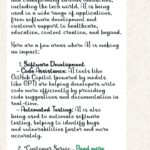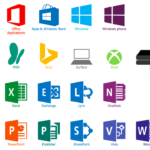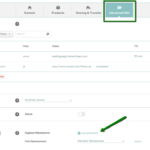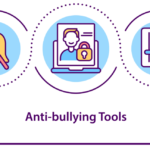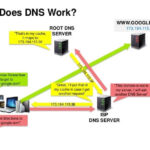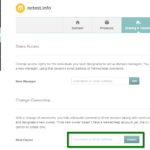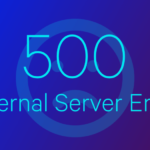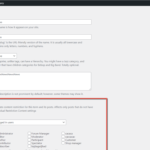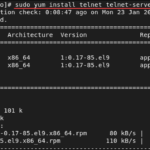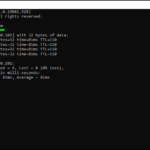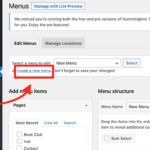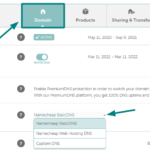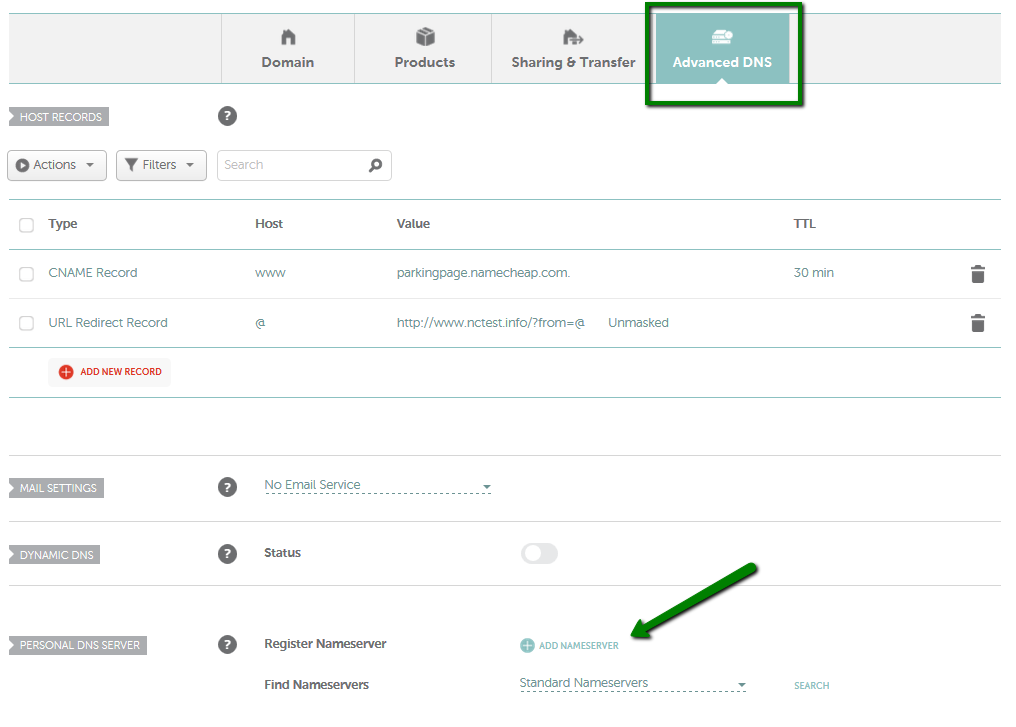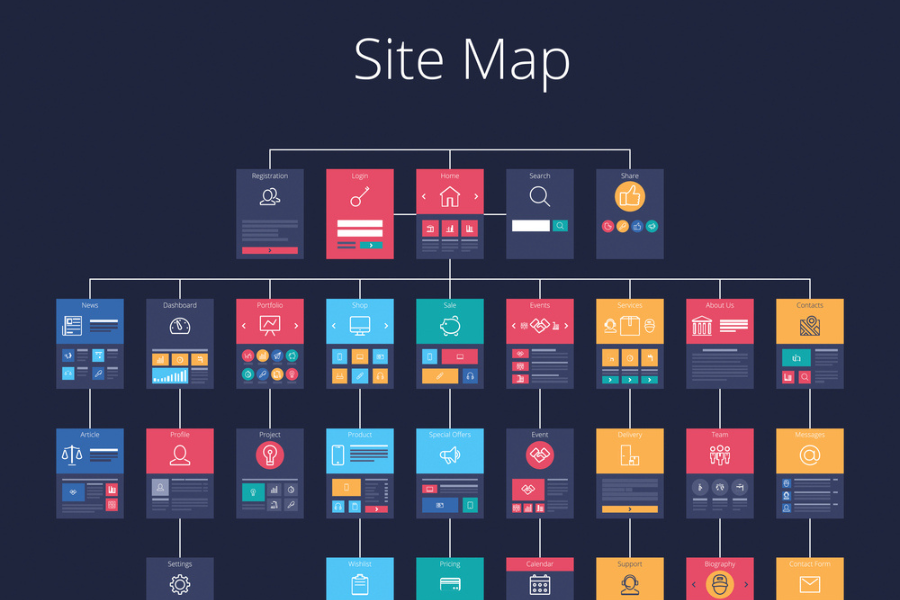
1. Create and Submit a Sitemap:Ensure your website has a well-organized sitemap that lists all the important pages and content. Submit this sitemap to major search engines like Google and Bing using their webmaster tools. This helps search engine bots understand the structure of your site.
2. Optimize Robots.txt File:Use the robots.txt file to guide search engine bots on which pages to crawl and which to avoid. Double-check that important pages are not unintentionally restricted from indexing.
3. Use Clean and SEO-Friendly URLs:Craft clean and user-friendly URLs that incorporate relevant keywords. Avoid complex structures with unnecessary parameters, making it easier for search engines to understand and index.
4. Include Informative Meta Tags:Write compelling meta titles and descriptions for each page. Incorporate relevant keywords naturally while maintaining a tone that appeals to users. These meta tags provide a snapshot of your content in search results.
5. Optimize Content:Create high-quality, unique, and valuable content. Structure your content using header tags (H1, H2, etc.) and naturally include relevant keywords. Quality content not only engages users but also attracts search engine attention.
6. Improve Page Load Speed:Optimize your website’s performance by addressing factors that affect page load times. This includes optimizing images, utilizing browser caching, and leveraging content delivery networks (CDNs). Faster-loading pages are more likely to be indexed promptly.
7. Mobile-Friendly Design:Ensure your website is responsive and provides a seamless experience on mobile devices. Search engines prioritize mobile-first indexing, so a mobile-friendly design positively influences your site’s visibility.
8. Fix Broken Links:Regularly check for and fix broken links on your website. Broken links can harm the user experience and negatively impact how search engines perceive your site.
9. Social Media Integration:Share your content on social media platforms. While not a direct ranking factor, social signals can indirectly influence search engine rankings. Engage with your audience on various social channels.
10. Monitor and Analyze:Utilize web analytics tools to monitor user behavior and traffic on your site. Analyzing data from search consoles helps identify and address potential indexing issues, ensuring your website remains optimized.
11. Secure Your Site with HTTPS:Switch to HTTPS to provide a secure connection. Google considers HTTPS as a ranking factor, and it instills trust in users navigating your site.
12. Regularly Update Content:Keep your content fresh and up-to-date. Regular updates signal to search engines that your site is active and relevant, positively impacting indexing and ranking.
13. Build Quality Backlinks:Focus on obtaining high-quality, relevant backlinks from reputable sources. Avoid engaging in link schemes that could harm your site’s reputation with search engines.
14. Implement Structured Data:Utilize structured data or schema markup to provide additional context to search engines about your content. This can enhance how your site’s information is displayed in rich snippets on search engine results pages.








